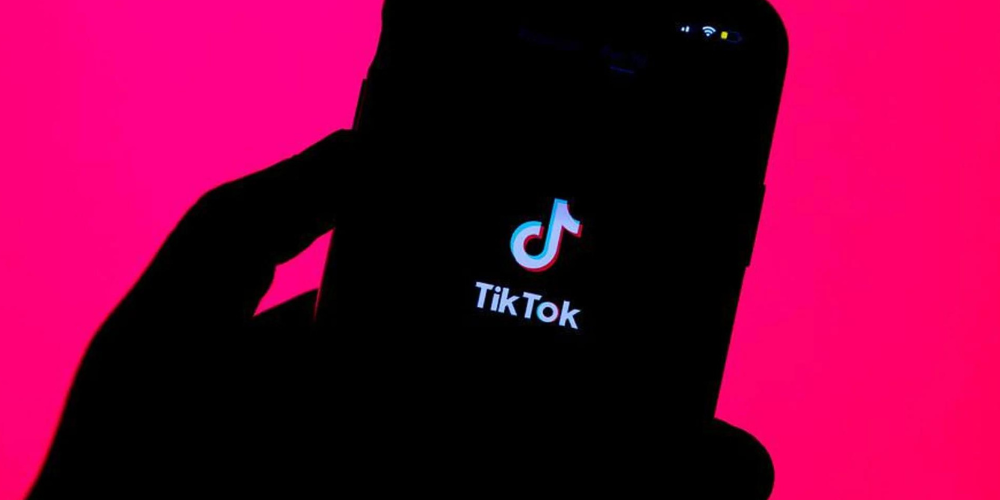Evolving Accessibility: TikTok's Decision to Implement Default Auto-Captions
Oct-18-2023

Accessibility in digital spaces is an absolute requisite, given the vast diversity of users. Reflecting this necessity, popular social media giant TikTok is set to integrate a significant improvement in its platform – enabling automatic captions on all videos by default starting the coming month.
The platform has previously granted its users the liberty to turn auto-captions on, aiming to promote greater engagement with their shared content. However, this new modification reinforces the platform's commitment to inclusivity by making captions an integral, non-negotiable part of their upload process. Virtually every clip shared on TikTok will have mandatory captions, smashing language barriers and assisting those with hearing difficulties.
According to Jonah Manzano, who shared a notification detailing TikTok's plans, creators can change the caption settings for videos posted prior to the implementation month. Subsequently, the majority of eligible videos will default to supporting captions, irrespective of the language. This shift is a clear bid by TikTok to appeal to all users and to shatter any language limitations, fostering an environment where everyone can savor the app experience.
It is important to note that despite the changes, the creators still retain some control. They have the capacity to edit captions after the post is published and also to remove them. The elimination of the opt-out option concerning auto-captions now implies that a substantial percentage of TikTok videos will contain text captions. This move denotes a significant stride in enhancing the accessibility of the app.
In conclusion, TikTok’s initiative to incorporate auto-captions as a preset element is a commendable maneuver, promoting inclusivity and accessibility. This also serves virtually all user categories, including those who prefer watching videos with the sound off. Although processing concerns need to be considered, this is a relatively small price to pay for enhancing user interaction and satisfaction. A world where auto-captioning becomes the default in all apps could potentially be the next big stride in technological accessibility.








